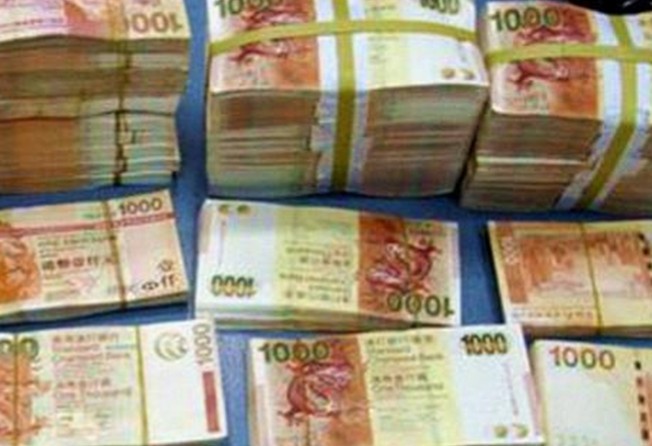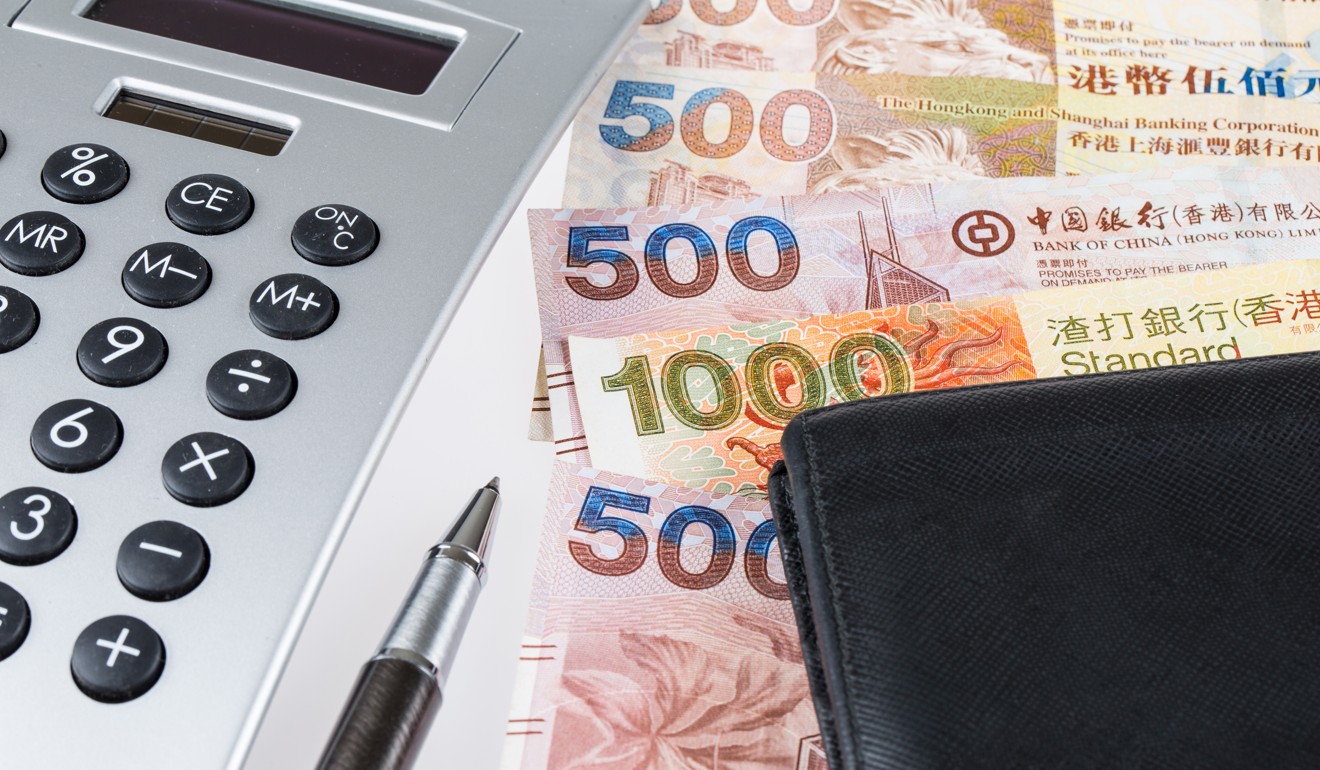Hong Kong dollar set for biggest monthly advance in 18 months as central bank drains funds
In a pre-emptive move ahead of expected US rate rise, analysts are betting Hong Kong Monetary Authority to continue withdrawing liquidity from the banking system to ensure higher HK dollar interest rates

The Hong Kong dollar is heading for its biggest monthly gain in 18 months, fuelled by mounting expectations over tighter liquidity in the city.
The currency was little changed at HK$7.8094 per US dollar on Thursday, and is poised to gain 0.2 per cent this month, the biggest advance since March 2016.
Federal Reserve Chairman Janet Yellen’s comments on Tuesday that the US needed to continue gradual rate increases despite broad uncertainty about the path of inflation, triggered expectations of a US rate increase in December.
In a pre-emptive move ahead of that expected rise, analysts are betting the Hong Kong Monetary Authority (HKMA) will continue withdrawing liquidity from the city’s banking system to ensure higher Hong Kong dollar interest rates, preventing their gap with US rates from widening further, and to smooth out this year’s depreciation in the local currency.
“The HKMA knows if the Hong Kong-US rate gap widens further after Yellen’s comments, the consequences will be really serious,” said Jasper Lo Cho-yan, senior vice-president at iBest Finance. “The HKMA must raise Hong Kong rates, in line with the US.”
Because of ample liquidity, the Hong Kong interbank offered rate (Hibor) – or the borrowing cost of funds between commercial banks – has failed to keep pace with increases in the official base rate, resulting in a sustained gap between Hibor and US$ Libor this year and exerting depreciation pressure on the currency.
Last month, the differential between the two resulted in the popular “carry trade” – when speculators continue to sell Hong Kong dollars at a relatively low interest rate and use the funds to purchase
higher US yielding assets – has caused the local currency to slide towards a 10-year low.
So the HKMA’s decision last week to issue another extra HK$40 billion (US$5.12 billion) of 3-month Exchange Fund Bills (EFBs) between September 26 and October 24, after the completion of the previous round, signalled to currency traders that it was turning more proactive to mop up excess liquidity.
The Hong Kong dollar is retreating further away from HK$7.85, the weak end of the currency peg that would trigger buys of the local currency by the Currency Board to support the exchange rate.
In response to the HKMA’s decision to increase EFB issuances, Wednesday’s auction of HK$42 billion three-month notes fetched an average accepted yield of 0.38 per cent, up from the 0.36 per cent on the previous sale of such bills on September 19, reflecting higher rates are now needed to compensate for the risk of tighter liquidity.

Signs are also showing that the tightening of Hong Kong’s interbank liquidity was extending into longer maturities.
Overnight Hibor surged 41 basis points in two days to a seven-week high last week before retracing 31 basis points subsequently.
The increase has highlighted other longer tenors of interbank funding, with 3-month Hibor climbing to its highest level in four months on Wednesday after staying relatively stable in the past three months.
Albert Leung, the North Asia rates strategist at Nomura, however, expects the Hong Kong dollar to trade below HK$7.80 resistance for now, remaining at the weak side of the peg for now.
“Hibor still needs to rise much more and narrow its gap with Libor significantly before the local currency can strengthen to strong side,” Leung said.
After the completion of the second round of additional EFB issuance, Hong Kong’s interbank liquidity (aggregate balance) will reduce by HK$40 billion to HK$187.5 billion, although still sharply above pre-crisis levels of around HK$2.0 billion in 2006.
The currency is expected to stabilise at current levels for now – but if the HKMA’s policy actions aren’t strong enough to narrow the gap between Hibor and Libor rates significantly any time soon, then speculators may re-enter carry trade positions, and re-exert selling pressure.
“The Hong Kong dollar can fall back to 7.83 or 7.85 because it is still very lucrative with low risk to conduct arbitrage trades between the wide HKD-USD rate spread,” Lo said.
HKMA’s actions to withdraw funds from the financial system however, the ongoing tensions over North Korea and high market valuations, have added negative sentiment to Hong Kong’s equities and property markets, Lo added, on expectations that higher Hibor rates may mean more expensive mortgages.